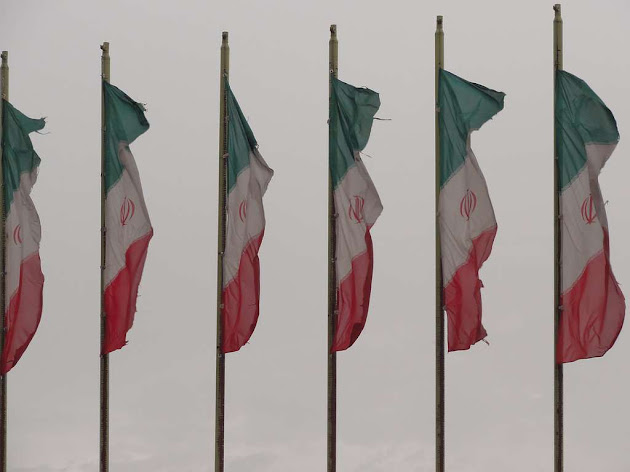The United States is pursuing a high-stakes strategy in the escalating conflict between Iran and Israel, one fraught with the peril of uncontrollable escalation and divergent allied interests, according to analysis from Maxim Suchkov, Director of the Institute for International Studies (IMI) at MGIMO University. In an interview with Kommersant, Suchkov, speaking from a conference in Tehran, detailed the complexities of Washington's role as tensions flare in the Middle East.
The current crisis intensified as Israel initiated bombing campaigns against Iran, reportedly targeting key military figures and nuclear scientists involved in ongoing US-Iran negotiations aimed at a new nuclear deal. Despite these Israeli actions, which Donald Trump described as "excellent," the US President had initially appeared to be treading a more cautious path. Suchkov noted that upon Trump's return to the White House, there were early signs of pressure on Israeli Prime Minister Benjamin Netanyahu to resolve the Gaza crisis quickly, as well as a resumption of talks with Iran in Oman.
However, this approach soon morphed into what Suchkov described as a "sword and peace" dynamic, with Trump ostensibly representing diplomatic overtures while Netanyahu embodied a more militaristic stance. "In the absence of quick results, the Americans decided to remind Iran that in its regard, not only 'peace' but also the 'sword' are possible," Suchkov explained.
This strategy, however, carries significant risks. "No major escalations can be considered fully manageable, even if they are conceived as such," Suchkov cautioned. He highlighted that Israel's targeting of high-level Iranian personnel necessitates a more substantial response from Tehran than seen in previous, more symbolic exchanges. For Iran, this is not merely a matter of reputation but of "the survival of the political regime," with its nuclear program considered an "existential element." An Iranian counter-move could, in turn, compel Netanyahu to escalate further, potentially leading to a major regional war.
Complicating matters further is the potential divergence between US and Israeli objectives. Suchkov expressed skepticism about Netanyahu's willingness to accept any nuclear deal with Iran that the Trump administration might favor. "It doesn't seem like Netanyahu is ready to accept this option," he stated, referencing the Israeli Prime Minister's long-standing conviction that any deal would not prevent Iran from acquiring a nuclear weapon and strengthening its position. From Tehran's perspective, Suchkov added, the current US-backed pressure feels like an offer of "capitulation," which Iran is unwilling to accept.
While the idea of using Israel as a means of coercing Iran may not be new, Suchkov pointed out a critical flaw: "Israel does not limit itself to the role of America's 'battering ram.' It is a full-fledged subject with its interests, vision of the situation, and the expected outcome of the conflict – each of these parts in some way does not coincide with the American one."
The US administration's focus, according to Suchkov, appears to be less on broader nuclear non-proliferation and more narrowly on preventing "bad guys," specifically Iran, from obtaining nuclear weapons "here and now." This approach has drawn criticism even from within circles typically supportive of Trump, with figures like Tucker Carlson advocating for US non-involvement. However, Suchkov noted the difficulty of maintaining neutrality when the US is already perceived as aiding one side.
As the situation remains volatile, the potential for further escalation, including Iranian attacks on US bases in the region, looms large. Suchkov concluded that Russia, while condemning attacks on Iran, continues to advocate for a return to negotiations, maintaining its role as a key player in discussions surrounding the Iranian nuclear program.
